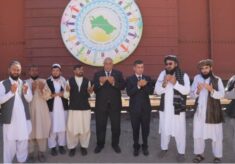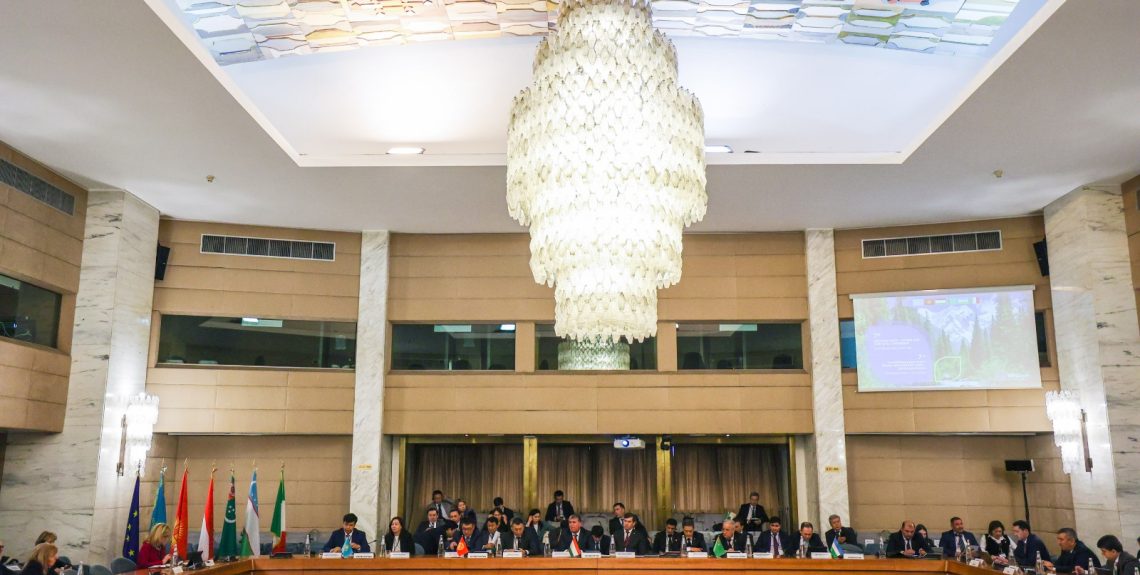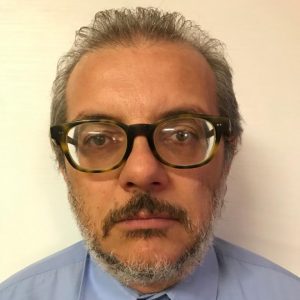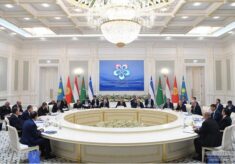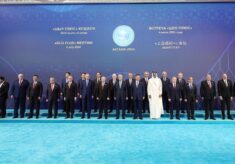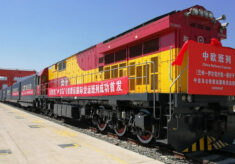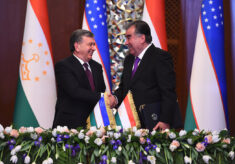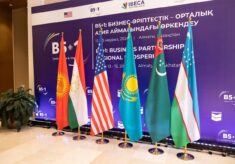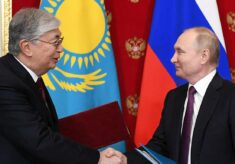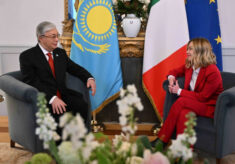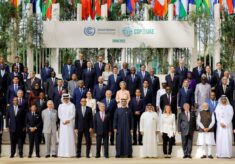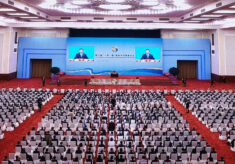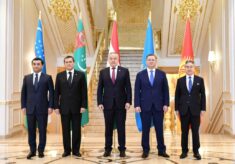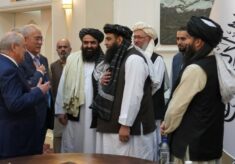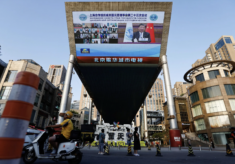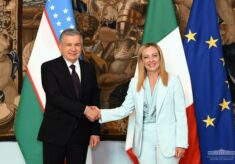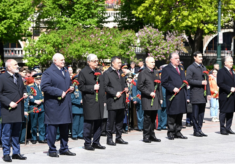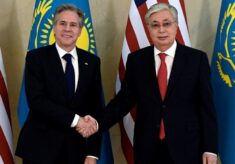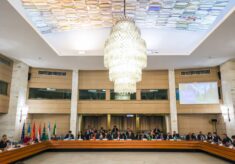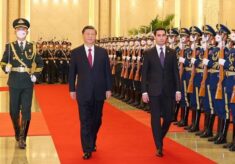On February 23-24 the Italian Ministry of Foreign Affairs (Rome) hosted the seventh EU-Central Asia High Level Conference, organised under the EU–Central Asia Platform for Environment and Water Cooperation. Representatives of all five Central Asian countries and EU diplomats attended the meeting, which was co-chaired by the Italian Deputy Minister of Foreign Affairs and International Cooperation, Edmondo Cirielli, and European Special Representative for Central Asia, Ambassador Terhi Hakala, in order to discuss strategic issues related to water, environment, climate change and sustainable growth in Central Asia and how to promote a green transition also attracting growing green investments (WECOOP, The seventh EU-Central Asia High Level Conference, https://wecoop.eu/events/7-high-level-conference/).
Environmental issues and the need to promote a regional water management have progressively become key priorities in both EU and Central Asia political agendas, as a tool to de-escalate dangerous tensions among states. Climate change represents a very complicate challenge for Central Asian states, because global warming will cause drought, so affecting agriculture and water availability and consequently triggering competition for the resources.
Regarding water management, the revitalization of a regional integrated grid of water distribution could be the best option allowing to downplay the risk of conflicts: indeed, since the Soviet time, the most water-rich countries Kyrgyzstan and Tajikistan need water to produce electricity, whereas Uzbekistan, Kazakhstan and Turkmenistan need water for irrigation and agriculture. Another measure is represented by the modernisation of irrigation techniques; indeed, the current average irrigation is 11.800 m³/ha, a number that could be cut by 50-66% with modern means.
During the EU–Central Asia Connectivity Conference “Global Gateway” held in Samarkand (Uzbekistan) in November 2022, the EU has launched the new project “Sustainable Energy Connectivity in Central Asia” (SECCA) with a total budget of EUR 6,8 million, aims at promoting a more sustainable energy balance in the region in accordance with EU best practices: energy efficiency and the development of the region’s huge RES potential (solar, wind and hydroelectric energy) will help Central Asian states to mitigate the effects of the climate change and to implement the transition to a sustainable energy system (EEAS, European Union’s new project to boost sustainable energy in Central Asia, November 17, 2022).
Since the adoption of the first EU strategy towards Central Asia (2007), Italy has been actively engaged to promote sustainable development and water management in Central Asia. In 2009 Italy coordinated the EU‒Central Asia Platform for Environment and Water Cooperation which was established in Rome with the aim to strengthen the political dialogue on sustainable development with Central Asian countries and facilitate their cooperation with the EU. However, besides organising initial high-level meetings, Italy did not, until now, achieve concrete results in tackling and solving water management issues in Central Asia. Italy could apply political suasion if it should reconcile conflicting strategic interests between downstream and upstream countries (F. Indeo, Italy and Central Asia, EUCAM Policy Brief-National Policy Series, No.2, July 2012).
The successful steps to improve regional cooperation in Central Asia would enhance Italian and EU efforts to better manage environmental and water issues. Uzbekistan and Tajikistan apparently reached a compromise to develop the contested (from the Uzbek side) Rogun Hydroelectric Power Plant in Tajikistan as well as about the common use of Zeravshan River basin. Italy’s renewed interest on environment and water cooperation in Central Asia represents one of the dimensions of a wider strategy – the 1+5 format of cooperation launched in 2019, the first country among EU members – aimed at facilitating political dialogue, trade relations and to promote reciprocal trust.
